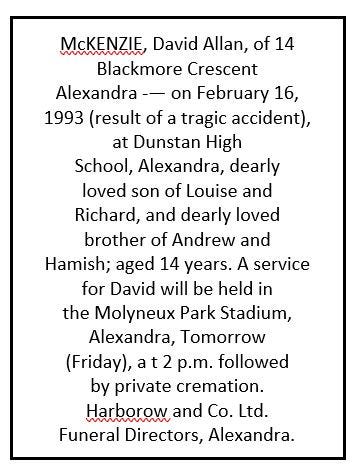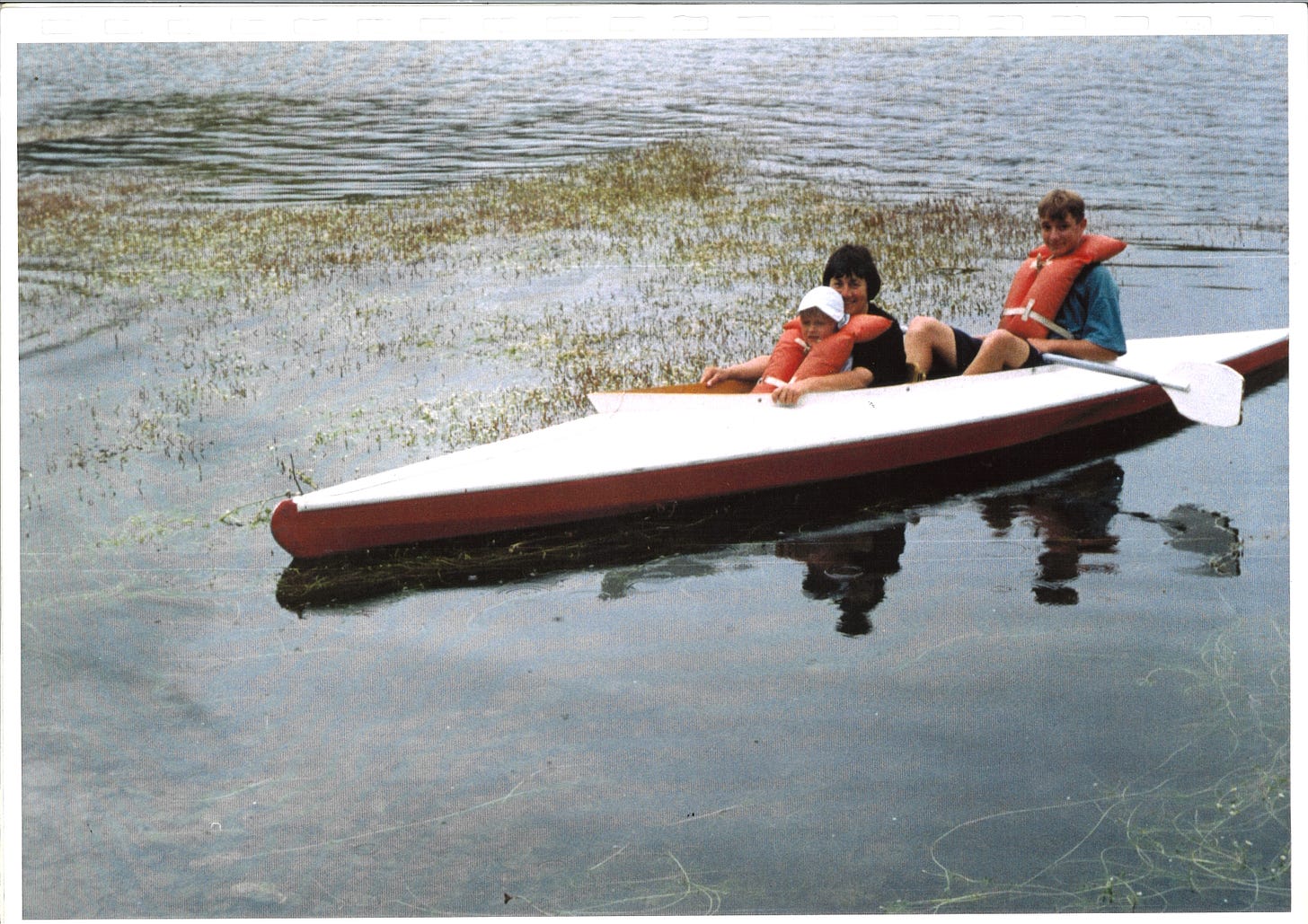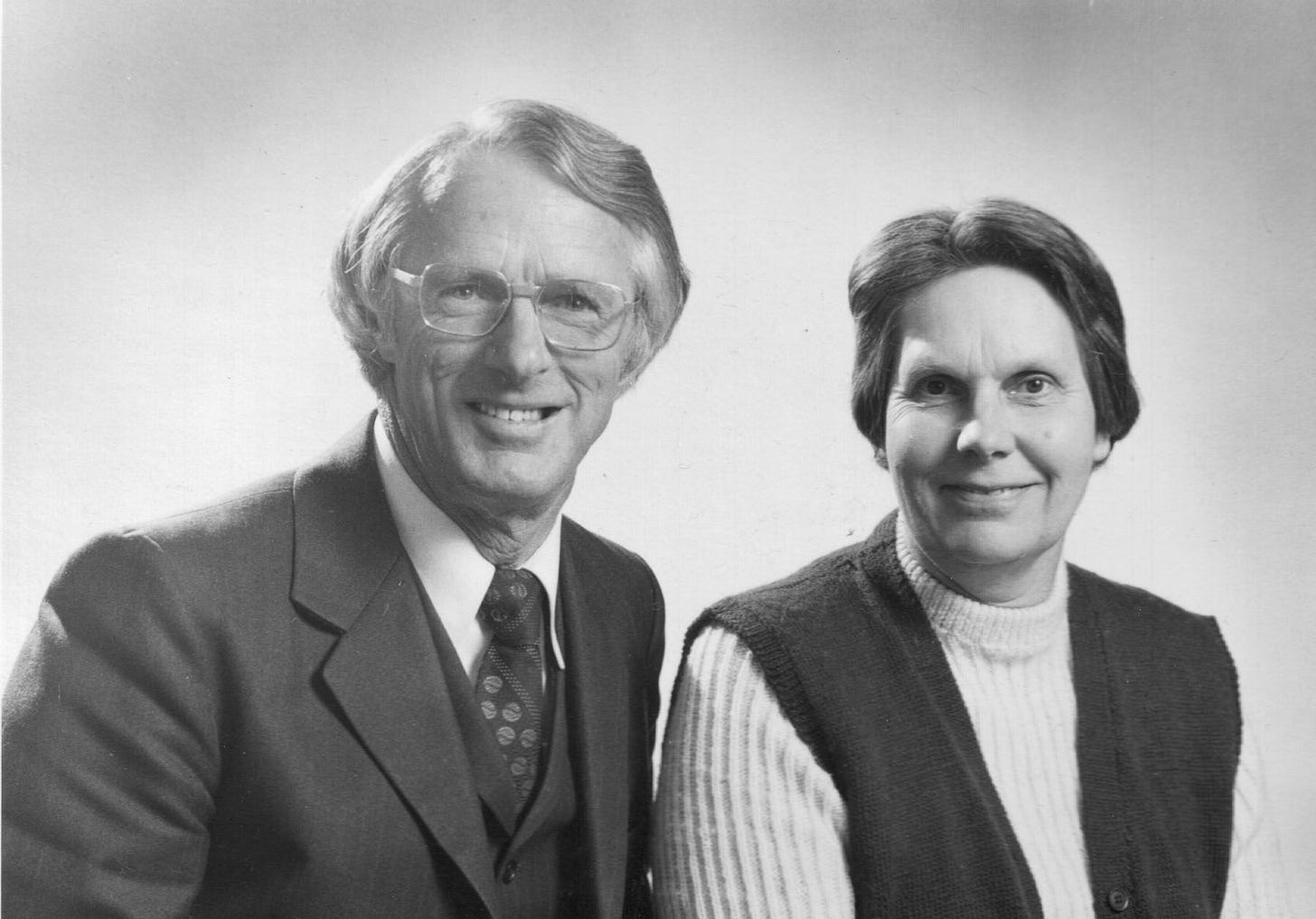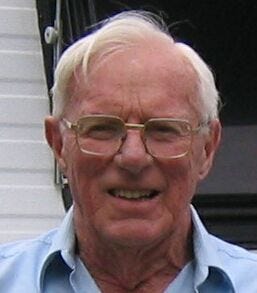Any relationship to UV in this posting is tenuous to say the least, but of all my posts from “Saving our Skins”, by far the most widely read was the one about the death of our son David in 1993. This is a very personal account of the days following his death, written by my father, Don McKenzie. It’s a revealing first-time perspective of Maori culture for him at age 67, a couple of years younger than I am now. His story encapsulates why we prefer to live in a small community.
The Farewell, by Don McKenzie,19 February, 1993.

My overall impression of this very sad time was the amazing response from the Alexandra district. People repeatedly remarked that the whole town had closed for the afternoon of David's funeral. The family's wide participation in almost every aspect of community life touched everyone. Each of Richard, Louise, Andrew, David and Hamish had a wide and separate involvement in so many activities.
The input of both Maori culture and European faith produced a very therapeutic way of dealing with the grief. The casket was open, on the floor, in the front bedroom. It was surrounded by mattresses on the floor, and David was never left alone right through to the Friday afternoon. The family and others came and went, sitting peacefully with David for as long and as often as they chose. All took their shoes off before entering the house, as this was part of the Maori tradition. Prayers were conducted from time to time by Dr Bob Murphy (Presbyterian minister), and Mr Doug Newton (Kaumatua). Doug also opened and closed the day with prayer, as is the Maori way.
The Maori belief is that David was still with us until the lid went on the casket, so all could talk to him. On the Thursday night, about 1 pm, the service emphasised that this was the last time we could say "Goodnight" to David as, by this time the next day, he would have left us. Any present were invited to talk, and after a few moments Don Lynch (Louise's father) farewelled David. After a further pause, I did likewise. Having David in an open casket for the few days gave a feeling of being with him, and helped in facing the coming separation. Many of the Dunstan High School pupils were also able to come to terms with their grief by coming over to the house and sitting with David and touching him-stroking his forehead and his hair. Through the open door other students were working at the computer, with David in sight, composing speeches and thoughts they wished to express with reference to him. There was a complete intermingling of all age groups and sexes and, even with death, one felt there was so much life.
Somehow life did go on. Folk from the community made sure that food and drink were always available, dishes and cleaning up were done as though automatically controlled, and always there were vast stocks of food for so many visitors. There must have been at least eighty to a hundred people present at peaks of waves, and probably twenty to thirty overnight. It was explained to me after the funeral that the Maori group were giving the tangi full status as a mark of their respect for the community work of Louise and Richard. Sue MacPherson, a family friend from Oxford University days who was also the attending doctor, was in and out many times each day and evening to assist with counselling and comfort. Hamish, in particular, was virtually inconsolable, as he looked up to David for everything he had learnt in sports. Doug and Bob, the two ministers, were also frequent visitors, so we very soon felt that these three were old friends for all of us.
On the Friday morning, while we were sitting with David, Richard commented that he thought it was about time to let David go, as he (David) had been waiting there for long enough by then. We all felt we should not try to keep him any longer.
Because of the community concern, it was believed that the funeral would need to be held in the Molyneux Stadium, this being the only place capable of holding the expected crowd. Richard and I went over on the Friday morning to have a look. After discussion with Louise about the seating arrangements, Peepee Maguire had re-arranged the seating from straight lines to a semi-circle lay-out to encompass and embrace the family. This did look more friendly.
Richard was concerned that it still looked too un-churchlike, so to speak. I was reminded of an incident at Quentin's school, where I had said to him how nice his classroom looked. I did not realise his teacher was in the room, but she overheard this and said, "it's the children who make the room so nice."
So I was able to say to Richard that when the stadium was full of people it would look right. And it did...
Because of the public interest, it was felt we should arrange for someone to keep an eye on the house. None of the neighbours was going to be at home, though, as all planned to be at the funeral, so the police were rung. They could only promise a periodic drive past, as all the staff and officers would be at the funeral, with just one left on stand-by.
On the Friday, about1.30pm, both Doug and Bob conducted a short service and-in the presence of us all-the casket lid was put in place. The pall-bearers from the house were Richard and Andrew, Hamish and Nick (David's closest friend), and Ken Lynch and me. Richard and his family rode with me to the stadium. As we approached and saw the lines and lines of cars parked on every available bit of space, we were very grateful that the Kaumatua had reserved some spaces for those closest to David. David was called into the stadium with a Karanga. This is a call to the family and to David; a prayer to let people know that David was coming and to be aware of what was happening. The same pallbearers carried the casket in and the almost two-and-a-half-hour service began. It did not seem anything like that long, but when we broke up from the site of the accident, out on the playing fields of Dunstan High, the time was approaching4 .30pm, after a 2pm start.
The many speakers included the school principal, Mr David Richardson, and I learnt that besides being outstanding in many sports, David had also been at or near the top of his class for all his academic subjects.
Apart from making his own observations, Mr Richardson read tributes written by form 5 students during English classes. These reflected David's impact on his fellow students, and the high regard and admiration all had for him. The full collection of tributes was to be presented to Richard and Louise, as only a few were read during the service.
Then came a most moving part of the service, and the part that made me feel so proud to be related to such a strong and talented family.
Hamish, Louise and Richard, who each planned to say a few words, had given copies of their notes to the ministers as a precaution in case they were unable to continue. Andrew was to play the piano.
They began with Hamish (11years) who, despite his grief, was able to hold that vast crowd's attention while he expressed his feelings, admiration, and sense of loss for his brother. Louise spoke of David's birth, Fiji days and Oxford (England) years, and his three and a half years before weaning. She also spoke of how he would come home every day with the words, "Hey, Mum! I've got an idea!" She illustrated this with examples of his many schemes and plans, particularly those to get a bigger boat.
Richard talked of David as not only a son, but also a friend, and spoke, too, of the decision - regardless of family tradition - to call him David, which means beloved one.
Andrew (16years) had intended simply to play some music, but broke with this plan by first commenting that it was because he could not compete with David's prowess in sports that he had turned to art and music instead, so he would now play for David.
Andrew gave a most sympathetic and able interpretation of Beethoven's Moonlight Sonata, and a second piece with which I am not familiar, but which was called, I believe, November Rain. In this piece he was accompanied by the Dunstan High School senior choir.
The content of the addresses given by the family showed a tremendous family strength and unity, and I could only feel pride at being related to them. I understand from Doug that the whole service was taped, and I feel thought should be given to making a written record, as well, of everyone's comments. Being able to read these would give opportunity for fuller understanding and reflection. A school choir of 120 students then sang that beautiful and moving song, 'Tears in Heaven', written by Eric Clapton after his five year-old son was killed.
From the stadium to the hearse, the pallbearers were members of David's cricket team. The huge crowd followed the hearse on foot as it moved the 200 metres to the site of David's death on the school grounds adjoining the stadium. A further prayer was said, wreaths laid, and a cricket-team member spoke. This was Danny Killeen, who was one of the group who had attempted to resuscitate David.
While this was happening, the entire school had arranged itself in two long lines, extending almost out of sight, right across the school playing fields and grounds, to form a guard of honour for David for when the hearse bore him away. Following the private cremation a virtual deluge of floral tributes was delivered to the house.
With the community showing and expressing its concern the days ahead will be made more bearable, but it will be the little and unexpected events that will bring pangs of grief back suddenly.
For instance, as when Richard was taking Greg and me out to Lawrence's farm on the Saturday afternoon to collect Hamish. Richard had not used the car since the Tuesday of the accident. Greg found a small book lying on the floor in the back, so he picked it up, asking, "What's this?" It was David's diary.
Similarly, I twice called Andrew by the name, 'David'. Andrew and I talked about this and agreed we wanted to keep such an attractive name in use, and that it was all right. Sue had made the same mistake with Hamish the day before. I like to think of the description by one of the family's friends, and repeated by Richard, referring to David as "a shining boy-everything anyone could wish or hope for a boy to be". It was extremely moving to see Hamish stroking David's head and Louise holding Hamish and stroking David's forehead, with Richard supporting them and Andrew-a close-knit and loving family group.
While it showed their grief, it also showed their unity and love as a family. The time ahead will be hard, but theirs is a family unit with the strength to get through this time- together.
Both Richard and Louise had their immediate family groups supporting them until the departures on the Sunday. First of the immediate family to leave then were Don Lynch and Sheila, with Jimmy, Kathy and Ken, who had to leave at about 7.30 am to catch their 10am flight from Dunedin. Next to leave was Charlotte, who was Louise's bridesmaid and is still her dearest and closest friend. Then Joanne and Sarah left for Christchurch, via Dunedin, at about mid-morning. Last to leave on Sunday were Greg and me with a further two of Greg's family.
Both the grandmothers, Stella and Joan, were to stay for a further few days.
From Garci (Don McKenzie), with thanks to Annabelle for the idea. 23 February, 1993.

Quentin and Louise in the canvas kayak, being paddled by David at Butchers Dam, near Alexandra earlier that summer.
PS. On the Saturday Hamish walked on air, as he scored 30 not out and retired as a batsman. As a bowler he took two wickets, and - while acting as wicket-keeper - had a run-out. As a fielder he took a catch at slips. All this was a most fitting tribute to his own ability and David's coaching.
Dad, in happier times with my Mum during his politicking days in Ashburton in the 1980s.

Dad outside his caravan at his second-home gliding mecca of Omarama, January 2003

Sorry about this off-topic indulgence. It’s a bit of an invasion of Dad’s privacy, but I’m sure he’ll forgive me. I’ve been feeling guilty about my neglect of his memory since he died in 2006. To his grandchildren he was “Qase” - the Fijian word for old man, which he spelt phonetically as “Garci” (though that should really be preceded a short “n” sound). His visit to see us in Fiji in 1978 was the only time in his life that he ventured outside New Zealand. The Quentin he refers to is his son - my half brother - by his second marriage to Annabelle. Back to the usual topic next time …


